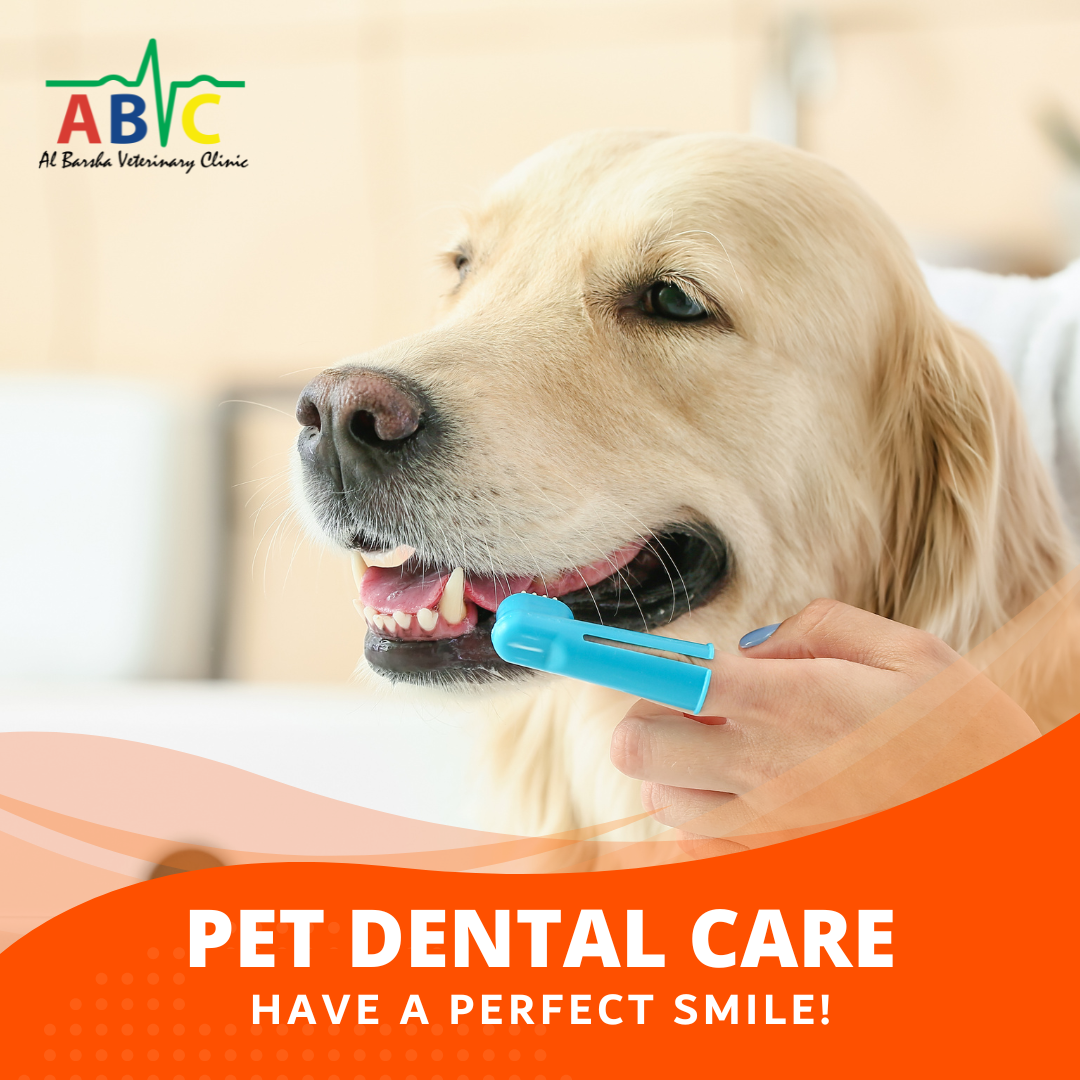
The Link Between Dental Health and Organ Diseases in Pets
How Dental Infections Can Lead to Heart, Liver, or Kidney Disease
When we think about our pet’s health, we often focus on their diet, exercise, and vaccinations. But did you know that dental health plays a crucial role in their overall well-being? Poor oral hygiene doesn’t just lead to bad breath and tooth loss—it can have serious consequences for a pet’s vital organs, including the heart, liver, and kidneys.
How Dental Disease Develops
Dental disease, also known as periodontal disease, starts with plaque buildup on the teeth. If not removed through brushing or professional cleanings, this plaque hardens into tartar, which harbors harmful bacteria. Over time, bacteria invade the gums, leading to inflammation (gingivitis) and, eventually, periodontal disease—a severe condition where bacteria can enter the bloodstream and spread throughout the body.
The Dangers of Bacteria in the Bloodstream
When bacteria from the mouth enter the bloodstream, they can travel to major organs and cause serious health complications, including:
- Heart Disease (Endocarditis)
Bacteria from the mouth can attach to the heart valves, leading to a life-threatening condition called endocarditis. This infection causes inflammation of the heart’s inner lining, making it harder for the heart to function properly. Symptoms of heart disease related to dental issues may include:
- Lethargy
- Difficulty breathing
- Persistent coughing
- Reduced appetite
- Liver Disease
The liver acts as a filter for toxins in the body. When bacteria from dental infections enter the bloodstream, they can overwhelm the liver and cause inflammation and infection. This can lead to liver disease, which may present symptoms such as:
- Jaundice (yellowing of the eyes and gums)
- Vomiting or diarrhea
- Loss of appetite
- Increased thirst and urination
- Kidney Disease
Like the liver, the kidneys help filter out waste and toxins from the body. When harmful bacteria reach the kidneys, they can cause chronic infections and damage, potentially leading to kidney disease or kidney failure. Early signs of kidney disease include:
- Increased thirst and urination
- Weight loss
- Bad breath (with a strong ammonia smell)
- Loss of appetite
Preventing Dental-Related Organ Disease
The good news is that preventing dental disease can significantly reduce the risk of heart, liver, and kidney problems in pets. Here’s how you can help:
✅ Brush Your Pet’s Teeth Regularly – Daily brushing with pet-safe toothpaste helps remove plaque before it turns into tartar.
✅ Schedule Regular Dental Check-Ups – Annual or bi-annual dental exams allow veterinarians to detect early signs of dental disease.
✅ Professional Dental Cleanings – Veterinarian-performed cleanings remove tartar buildup and prevent infections.
✅ Use Dental Chews & Toys – Specially designed chews can help reduce plaque and tartar.
✅ Monitor for Signs of Dental Issues – Watch for bad breath, red or swollen gums, difficulty eating, or pawing at the mouth.
Dental health is not just about keeping your pet’s teeth clean—it’s about protecting their entire body from potentially life-threatening diseases. By prioritizing good oral hygiene, you can help your furry friend live a longer, healthier, and happier life.
If your pet hasn’t had a dental check-up in a while, now is the perfect time to schedule one. A healthy mouth means a healthy pet! 🦷🐾
Contact us via Phone 04-3408601, Email frontdesk@abvc.ae, WhatsApp 050 3440987
